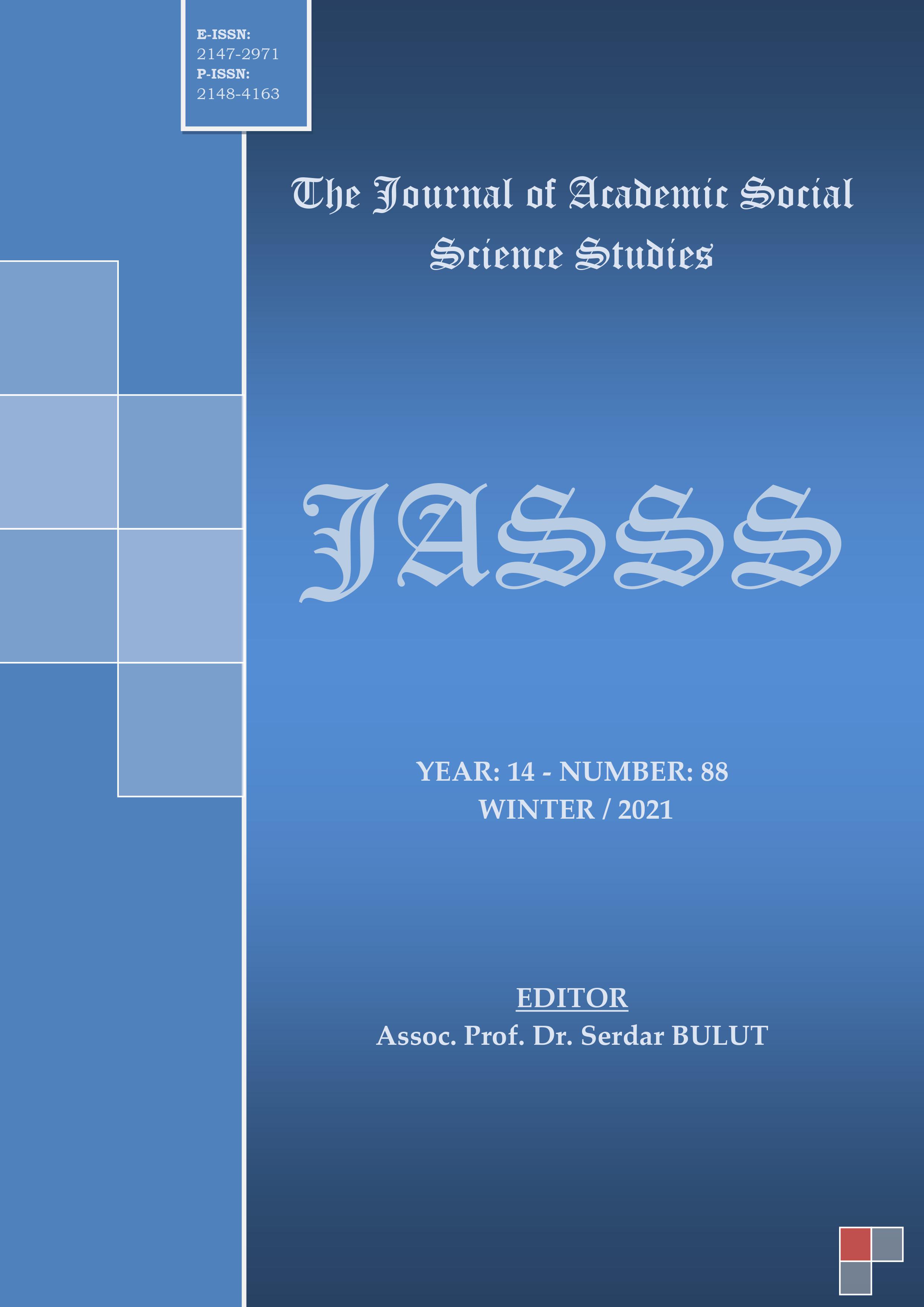Author :
Abstract
Yunan filozofu Herakleitos, var oluşu, karşıtlıkların savaşı üzerine kurgular. Ona göre hem evrenin varlığı hem de en güzel uyumun yakalanması ancak bu savaşla mümkün olabilir. Öyle ki, savaşı her şeyin babası ve kralı olarak görür. Tarih boyunca çok büyük savaşlar yaşamış dünya halklarının bu karşıtlıkları, epik, şiir, drama ve roman anlatılarına konu olmuştur. Eski Çağ Yunan anlatılarında da Orta Çağ Avrupa edebiyatının büyük bölümünde de yazıların temelinde savaş vardır, hatta çoğu zaman tek temadır. Amerika Birleşik Devletleri’nin en önemli savaş anlatıları ise I. ve II. Dünya savaşlarından beslenir. Kıtaya ilk ayak basılması ile başlayan yerliler ile mücadele dışında ABD’nin yaşadığı en büyük savaş deneyimleri olan bu iki dünya savaşı, 20. yüzyılda önemli edebiyatçıların yazın dünyasında merkezi bir yer kaplamıştır. Bu edebi figürlerden biri de Amerikalı gazeteci-edebiyatçı John Steinbeck’tir. Yitik Kuşak olarak bilinen savaşa şahitlik etmiş bir edebiyat çevresinin de mensubu sayılan yazar, çağdaşları gibi savaşa dair birden fazla eser kaleme almıştır. Bir muhabir olarak katıldığı savaşlarda gazeteler için kaleme aldığı makalelerini savaş sonrasında, Bir Savaş Vardı adlı eseri romana dönüştüren Steinbeck’in yazdıkları bu yönüyle de önemli bir röportaj anlatısı örneği olarak da bilinir. Bu çalışma, Steinbeck’in hem gazeteciliğini hem de edebiyatçılığını harmanladığı Bir Savaş Vardı adlı eserinde edebi gazeteciliğin izdüşümlerini incelemeye çalışacaktır.
Keywords
Abstract
Greek philosopher Heraclitus constructs existence on the war of opposites. According to him, the existence of the universe and the attainment of the most beautiful harmony can only be possible through this kind of war. Such that he sees war as the father and king of everything. These oppositions of the peoples of the world, who have experienced great wars throughout history, have been the subject of epic, poetry, drama and novel narratives. In both ancient Greek narratives and most of the medieval European literature, war is the basis of the writings, and it is often even the only theme. The most important war narratives of the United States are fed from World War I and World War II. These two World wars, which were the biggest war experiences of the USA apart from the struggle against the natives, which started with the first step on the continent, occupied a central place in the literary world of important literary figures in the 20th century. One of these literary figures is the American literary-journalist John Steinbeck. The author, who is also a member of a literary circle known as the Lost Generation, who witnessed the war and he wrote more than one work about the war like his contemporaries. He participated the war as a reporter and published his articles in the newspapers and after the war he turned this articles in to a novel named Once There Was a War, also revealed his literary journalism with this aspect. This study will try to examine the projections of literary journalism in Steinbeck's work There Was a War, in which he blended both his journalism and his literary work.
Keywords
- Baskett, Belma Ötüş. (2020). Sonsuza Dek Hemingway. Bilgi Yayınevi. Ankara.
- Bowden, M. (2019). Giriş. J. Steinbeck, Bir Savaş Vardı E. Ersavcı, (Çev.). İstanbul: Sel Yayıncılık.
- Büke, Asuman Kafaoğlu. (2009) John Steinbeck: Yıllarca korku tarafından sömürüldük biz, sadece ve sadece korku tarafından. Radikal Kitap.
- Güzel, Mehmet. (2021). John Steinbeck’in Gazeteciliğine Bugu nden Bakmak. Tu rkiye İletişim Araştırmaları Dergisi, Yıl/Year: 2021, Sayı/Issue: 37, ss/pp. 53-71.
- Longley, Robert. (2020). TheLostGenerationandtheWritersWhoDescribedTheir World.
- Nevins, Allan-Commager, Henry Steele. (2016). ABD Tarihi. (Çeviren: Halil İnalcık). Doğu Batı Yayınları. Ankara.
- Steinbeck, John. (2017). Ben Bir Devrimciyim. Sel Yayıncılık. İstanbul.
- Steinbeck, John. (2019). Bir Savaş Vardı. Sel Yayıncılık. İstanbul.
- Tanrıtanır, Bülent Cercis – Candan, Muhammed İkbal. (2021). Thomas Pynchon’ın Nidası. İksad Yayınevi.
- Tanrıtanır, Bülent Cercis. (2019) Paul Auster ve Arketip Eleştiri. Hiper Yayın.
- Tanrıtanır, Bülent Cercis. (2019). GertrudeStein’in Üç Yaşamı’nın Sanatçı Olarak Atipik Yapısı. Uluslararası Sosyal Arastırmalar Dergisi, cilt.12, ss.194-199, 2019 (Diğer Kurumların Hakemli Dergileri).
- Whitt, Jan. (2006). To Do SomeGoodand No Harm: TheLiteraryJournalism of John Steinbeck. TheSteinbeckReview, Fall 2006, Vol. 3, No. 2 (Fall 2006), pp. 41-62 Publishedby: PennStateUniversityPress.





